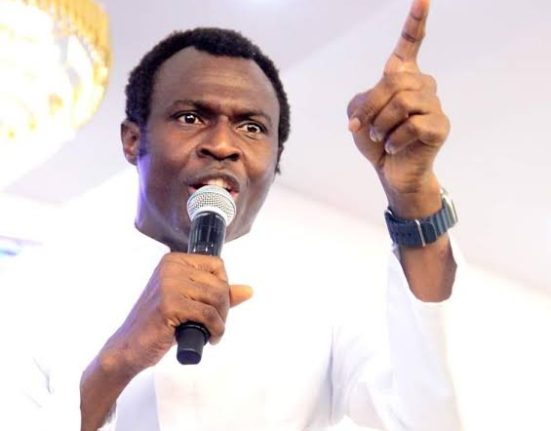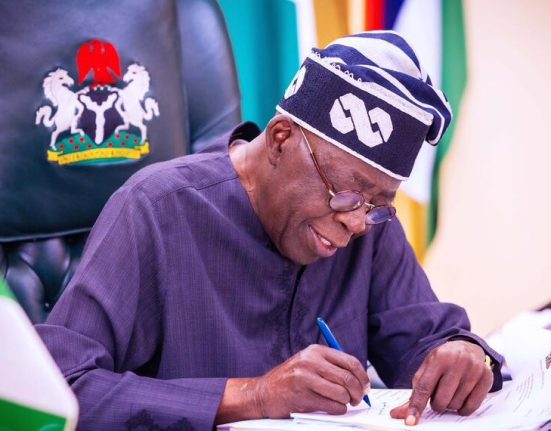Professor John Tyavbee Ajai of Taraba State University has called on President Bola
Tinubu to urgently reconsider Nigeria’s participation in the ECOWAS Transhumance Protocol and to expedite the enactment of a national law banning open grazing. In an open letter dated September 24, 2024, Ajai warned that the current approach to livestock mobility is exacerbating insecurity, undermining national sovereignty, and hindering agricultural development.
Ajai highlighted that the ECOWAS Transhumance Protocol, originally intended to facilitate pastoral mobility across West Africa, has instead worsened insecurity by enabling unregulated cross-border movements. He noted that these movements have allowed not only pastoralists but also heavily armed groups to enter Nigerian territories under the guise of transhumance, leading to the displacement of indigenous communities and the destruction of livelihoods. Ajai cited a USAID-funded report indicating that between 2015 and 2019, Nigeria recorded approximately 7,000 deaths and an estimated $13 billion in annual economic losses due to violent conflicts linked to pastoral activities.
Furthermore, Ajai argued that the continuation of open grazing discourages investment in modern livestock practices such as ranching and feedlot systems, which are essential for agricultural transformation and national food security. He described the situation as a “dangerous erosion of sovereignty” and urged President Tinubu to order a comprehensive reassessment of Nigeria’s participation in the protocol and, if necessary, renegotiate or withdraw from it in the national interest.
Ajai also commended the President for the establishment of the Federal Ministry of Livestock Development, describing it as a “visionary step.” However, he stressed that more decisive measures are required to outlaw open grazing permanently. He appealed to Tinubu to champion the swift passage and implementation of the Anti-Open Grazing Bill, which has already passed the third reading in the Senate, saying it offers a historic opportunity to address the root causes of violent land occupation.
Ajai concluded his letter by emphasizing that Nigeria is at a “defining moment” that demands bold executive action to protect national sovereignty, security, and unity. He expressed optimism that with firm leadership, Nigeria could overcome its current security challenges and reclaim its position as a united and prosperous nation in Africa.







